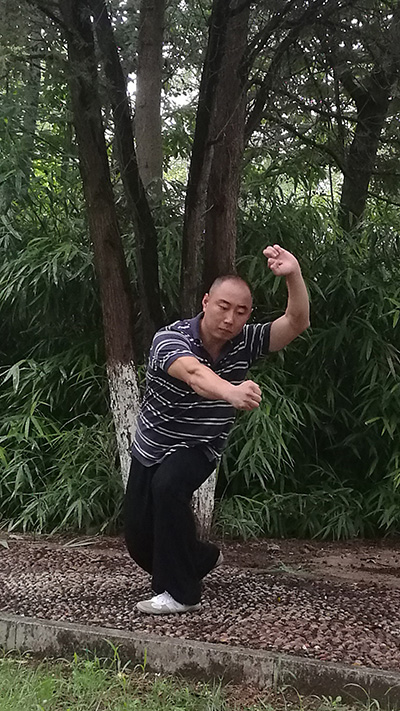Kung fu for the future
 |
|
Liu Zhongyi, a financial director of a State-run company in Shandong.[Photo provided to China Daily] |
The value of martial arts lies in the philosophy, discipline and health aspects behind them, says Beijing-based TV and movie production manager Zhang Zehao.
Unlike many youth who enjoy modern forms of entertainment, such as computer games, Zhang spent most of his holidays during primary and secondary school learning kung fu.
"It was an important form of entertainment for boys of my age back in the northern countryside," the 38-year-old recalls.
Zhang later focused on tanglangquan (mantis fist), a fighting style inspired by the namesake insect's movements.
"Traditional Chinese martial arts are an irreplaceable part of our culture," says Zhang. "Fighting is only a part of it."
For example, in contrast with Western heroes, who save the world with science or supernatural abilities, Chinese prefer to entrust heroes with unparalleled kung fu and its admirable values so that they can overcome evil, he says.
Zhang himself tries to adhere to traditional Chinese martial arts' values, such as humility and respect for others, in his daily life.
"Kung fu is an accumulation of the time and thought invested in pushing one's limits," he says.
"You might not be invincible and beat all your competitors. But you benefit from the self-improvement that comes with the discipline of practicing it over the years."
















